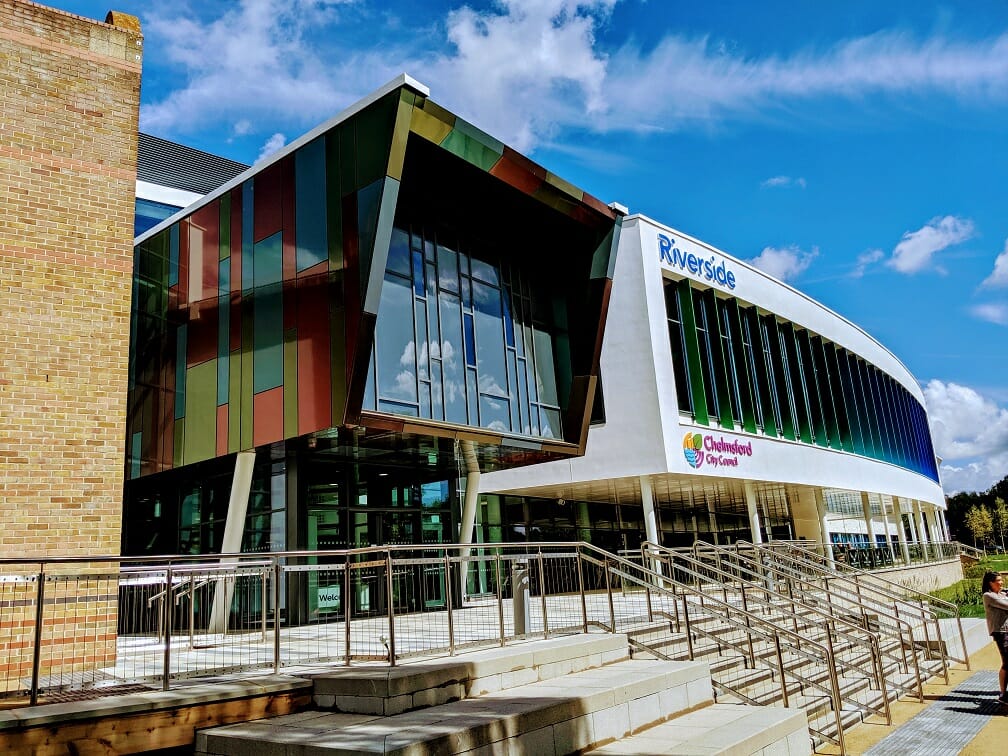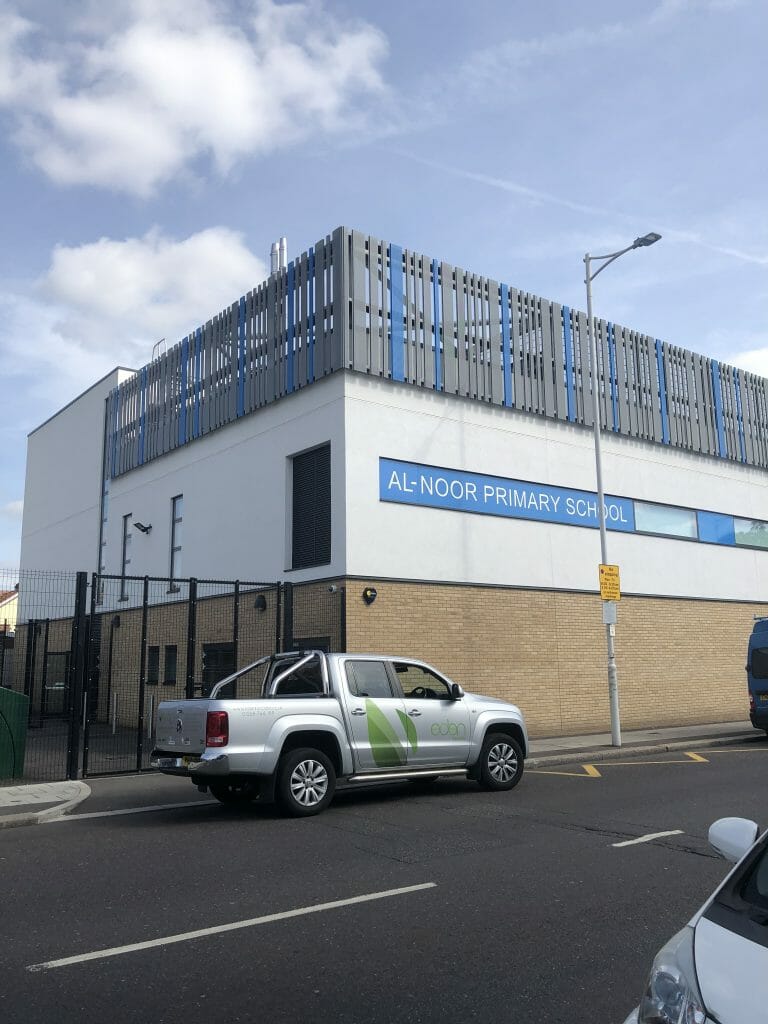
Tony Hill, MD, Eden Facades
The measures brought about by Covid-19 lockdowns, including the closure of factories, a huge reduction in air and road travel, and daily life brought more or less to a standstill, meant that global carbon dioxide emissions fell by 17%[1], the most significant drop since records began. The reduction in the UK was even more significant, with emissions falling by 31%.
Although emissions are climbing again as normal life gradually resumes, the drop does serve as a timely reminder that in 2019 Europe became the first continent to declare a “climate and environment emergency”, with a target to cut carbon emissions by 55 per cent in the next ten years. As we all begin to better understand the impact of man-made activities on climate change, the construction industry must respond by adapting its approach.
With the sixth largest green construction sector in the world, the UK currently supports around 60,000 jobs through the insulation sector alone[2]. The significant size of the industry means that through continually reviewing and improving practices, even incremental changes can have a positive impact on the reduction of carbon emissions.
Taking a holistic approach
Clients and investors must work together with the architect and contractor to make more informed decisions about demolition, construction, operation and maintenance at the design and planning stages.
All project stakeholders should be aware that it is no longer just about identifying embodied carbon in building materials in the short-term, but that a longer term perspective needs to be taken which sees buildings lasting longer and potentially having several different uses over their lifetime, spreading any carbon emissions from the building materials out over time. A building with a higher carbon footprint at the point of construction may be more durable or need less maintenance over time, for example.
Meaningful impact: Insulation is critical
With around 75 per cent[3] of a building’s heat being lost through the building ‘fabric’ (roof, walls, windows, floors and doors), the best way to immediately and significantly improve the energy efficiency of any building is to invest in better insulation. This can be factored in as part of a new building’s construction, as well as during the refurbishment of existing buildings or a project within its own right.
The overall specification and design of the project will have a long-term impact on the performance of the building, but this can be negatively affected by poor installation of the products or their long- term performance. Suppliers such as Knauf and Rockwool are dedicated to supplying sustainable, high performance insulation solutions for enhanced energy efficiency in buildings and we regularly work with their products.
The Knauf mineral fibre insulated render system was chosen for the project at the Al-Noor primary school in Ilford, a project that required all materials to have a minimum 40 year lifespan. The Knauf render system consists of breathable mineral wool solution with benefits such as reduced condensation and high thermal performance, both crucial in creating a building requiring minimal ongoing maintenance. Tests by the European Insulation Manufacturers Association (EURIMA) found that correctly installed mineral wool insulation retained its thermal performance even after 55 years.[4]
Supporting our clients’ commitment to reducing carbon emissions
The installation of external wall insulation (EWI) reduces unnecessary heat loss & CO² emissions, having a positive effect on the environment, assuming the products used are compliant with building regulations and thermal requirements. With over 25 years’ experience in the application of EWI systems, we know that, with the correct specification and installation, the lifespan of a building’s external fabric can be extended by up to 30 years, with little or no maintenance required.
At the £40m Riverside leisure centre project we were involved with in Chelmsford, Wetherby’s External Wall Insulation Systems was used to completely upgrade the building, their products are a cost-effective and environmentally sustainable method for new-build developments. The eco-friendly leisure centre is now compliant with thermal regulations, with the energy-efficient design being recognised by BREEAM and awarded a ‘very good’ sustainability rating.
Keith Prendergast, director at infrastructure consultancy Pick Everard, who designed the leisure centre, comments: “With its BREEAM rating, low carbon technology and airtight detailing, the new, modern leisure centre leaves minimal impact on our environment.”[5]
Significant environmental benefits can be made through the assessment of insulation materials over the course of their lifecycle, which when used in conjunction with all those involved in the design, construction and management of building projects, will have a positive environmental impact over time. The road to long term sustainability involves both incremental and larger steps across the construction sector.
There is much to be done in the construction sector to increase energy efficiencies, but improved insulation can have a real and immediate impact on climate change by reducing energy consumption. Improving energy efficiency through existing insulation technologies in the commercial and residential building sectors can significantly reduce the level of emission of greenhouse gases and, in turn, reduce carbon footprint and the impact on global climate change.
Eden Facades offer a full supply and installation service for all facades and, through supply chain partners, a bespoke and comprehensive design service. Get in touch via [email protected] or 01268 744199
Just a few of the many projects we’ve worked on with sustainable features:
Left to Right: Wetherby insulated render, Riverside Leisure; PermaRock mineral fibre, Stock Orchard Street.
[3] https://www.carbontrust.com/resources/guides/energy-efficiency/buildings-energy-efficiency/
https://www.ukconstructionmedia.co.uk/features/building-green-future-sustainability-construction/
[4] RCI Magazine

